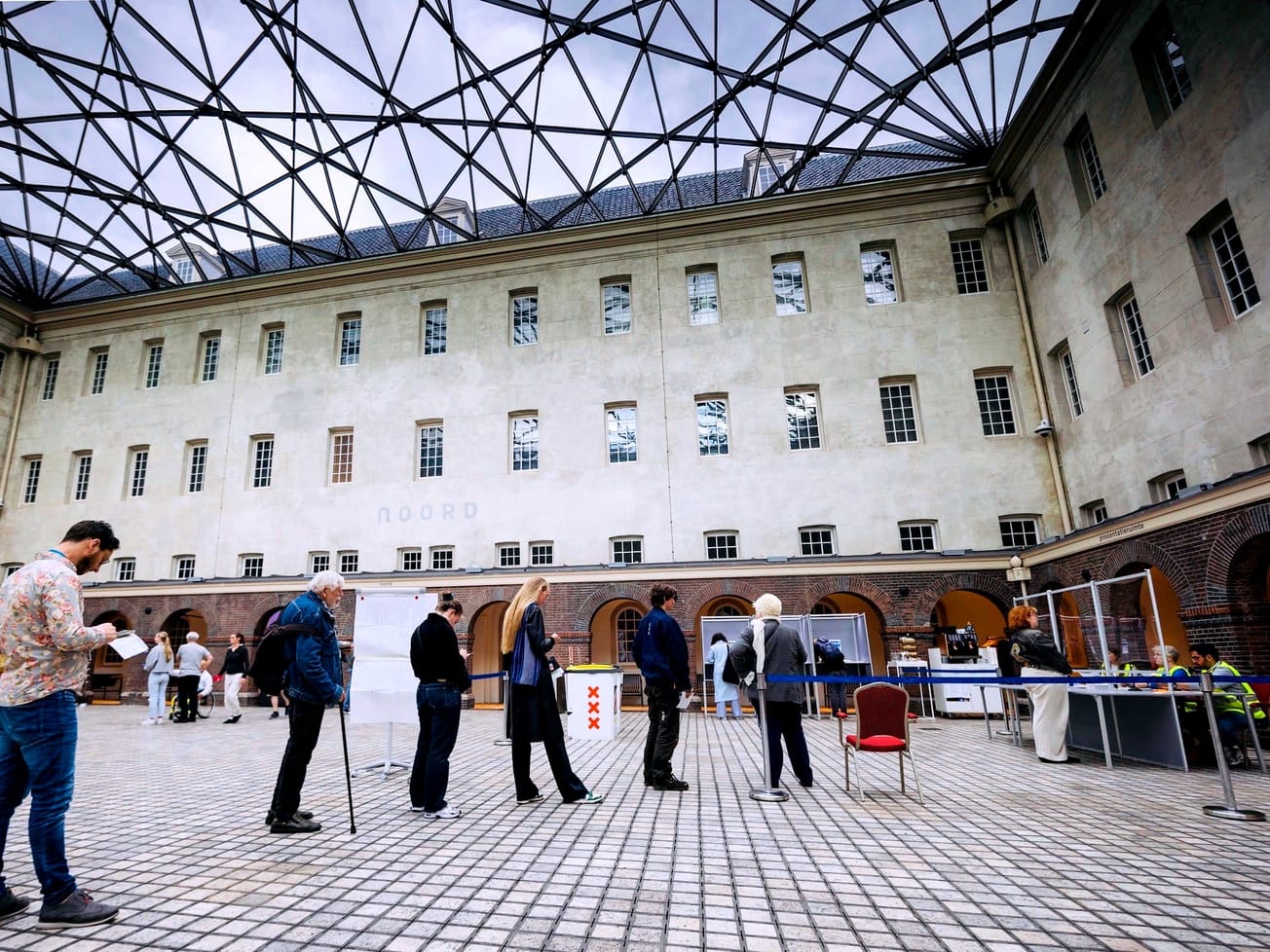BRUSSELS (AN) - The European Union's parliamentary elections concluded with a significant surge in support for far-right parties, sending shock waves through the political establishments of France and Germany, the bloc's most powerful nations, and raising concerns about the E.U.'s future.
As the final results came into picture on Monday, Europe's conservatives were cheering their resounding victory in Sunday's European Parliament election. The rise in popularity of far-right parties, many with neo-fascist roots, poses difficult questions that cut to the heart of the European Union, a project rooted in post-World War II peacemaking to stave off fascism.









